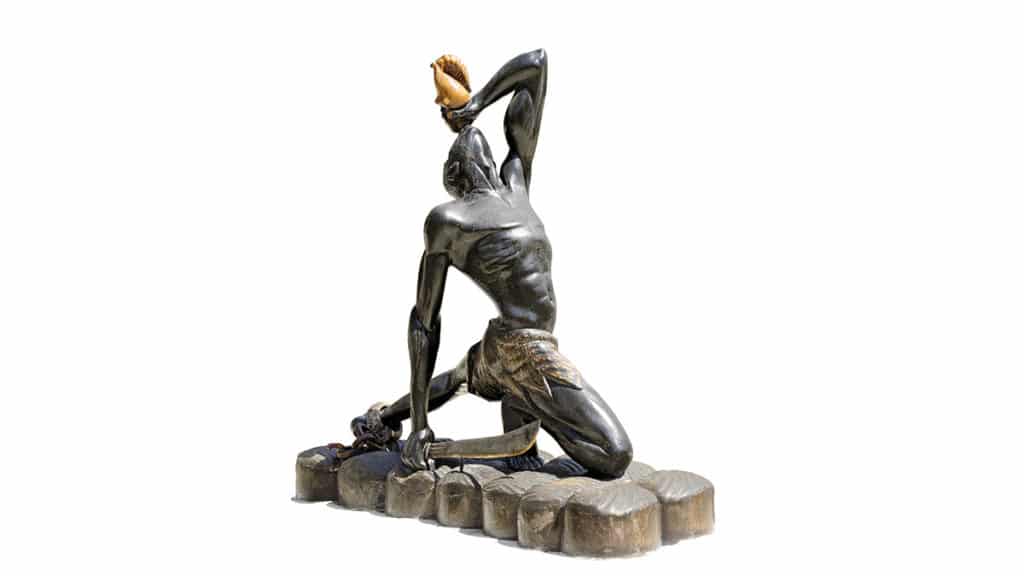The Haitian Revolution began in the French colony of Saint-Domingue (now Haiti) on the night of August 21, 1791.
The Haitian Revolution was a Historic Human Rights Achievement
After more than a decade of struggle, Haiti became the:
- First free country in Latin America
- Second republic in the Americas (after the United States)
- Only nation in history founded from a slave revolt
Freeing yourself and founding a nation are both great human achievements that have been downplayed by racism.
Once we started reading about the Haitian Revolution, we wondered why we knew so little about this incredible moment in human history. Colonial powers, the slaving nations (which includes us), suppressed the information and turned a great story into a bad story.
After the revolution, France even forced the young nation of Haiti to pay reparations. It set back the new country’s development. Can you imagine that? You enslave us and destroy our country, and then we have to pay you for the privilege of freeing ourselves. That is backwards.
The Haitian Revolution (1791-1804) is relevant to the decolonization process we are going through in the United States in 2020. The racial problems we have today are rooted in our slaving past. The knee that choked the life out of George Floyd was a slaver’s knee. We want to respect the police, but the strike of a police baton is nothing but a slave patrol. We need some form of policing, but not slave patrols in 2020.
So much of the violence in America know is rooted in our history of human enslavement.
Evil only has power when it is hidden. When you bring it into the light, evil melts away. That’s why it’s relevant for us to have a look at what was done to Saint-Domingue/Haiti.
Vodou has been Demonized Because Africans Started the Revolution After a Ceremony
The revolution began as a tropical storm approached. The call to rise up was made during a Vodou ceremony.
There is nothing bad or scary about Vodou. That is colonizer and Hollywood nonsense. Colonizers and their priests demonized everything Indigenous and African to justify their own violence and thievery. Hollywood made money with scary movies that have become part of popular belief.
The most brutal form of human enslavement was practiced in what is now Haiti. It destroyed the people and destroyed the land, once some of the richest land in the Caribbean. It’s terribly ironic that the Vodou faith got demonized instead of the inhuman act of slaving other humans. That’s what narcissists do. They blame others for their own acts.
Vodou is a rich and beautiful Orisha faith. It is Indigenous to the Fon people of Benin in West Africa.
Like all Indigenous faiths, Vodou is based on nature, so it was significant that a storm was rising. That would be interpreted as a divine signal. In the Vodou tradition, it would be Ogou Chango, the Orisha of thunder, lighting, fire and war.
Revolutions sound romantic to those who have never lived through one, but they are messy, bloody affairs with cascading effects that hurt many innocent people. The Haitian Revolution was no different.
Colonizers like to criticize the Haitian Revolution for being extremely violent, even though they were the most violent of all. It’s the narcissist’s game of doing something terrible and then blaming the victim for it.
After much violence and many surprising twists and turns, revolutionary leader Jean-Jacques Dessalines declared independence from France on January 1, 1804. A free nation of African peoples was born.
It all began during a gathering of faith under a rising storm, once upon a time in the Caribbean.

